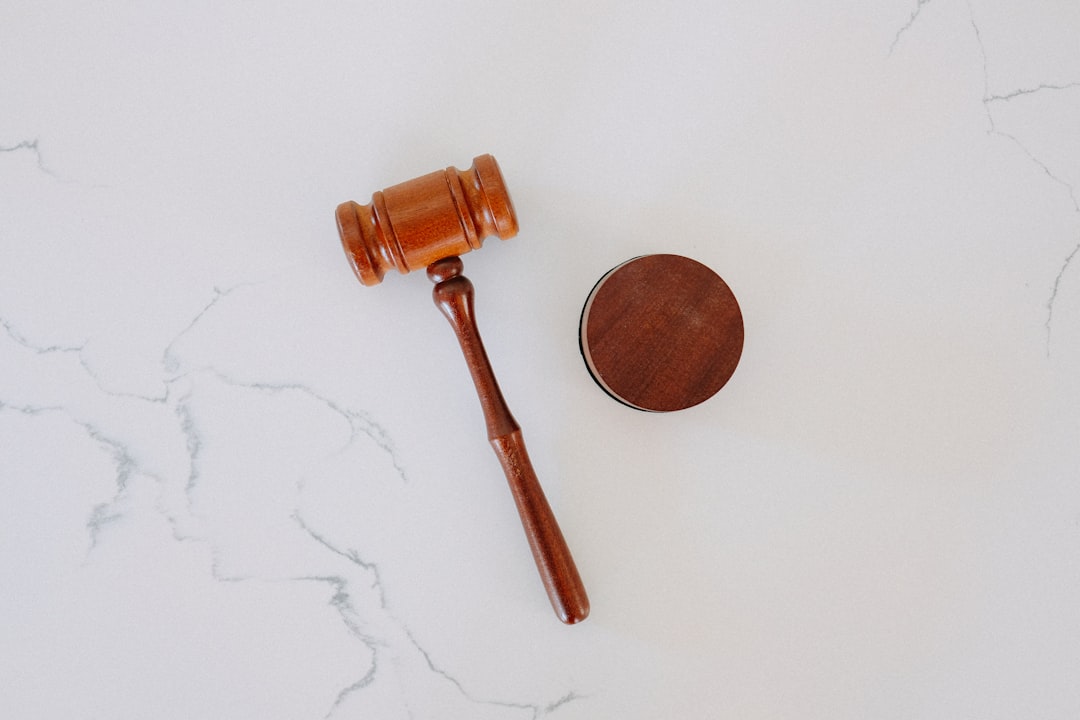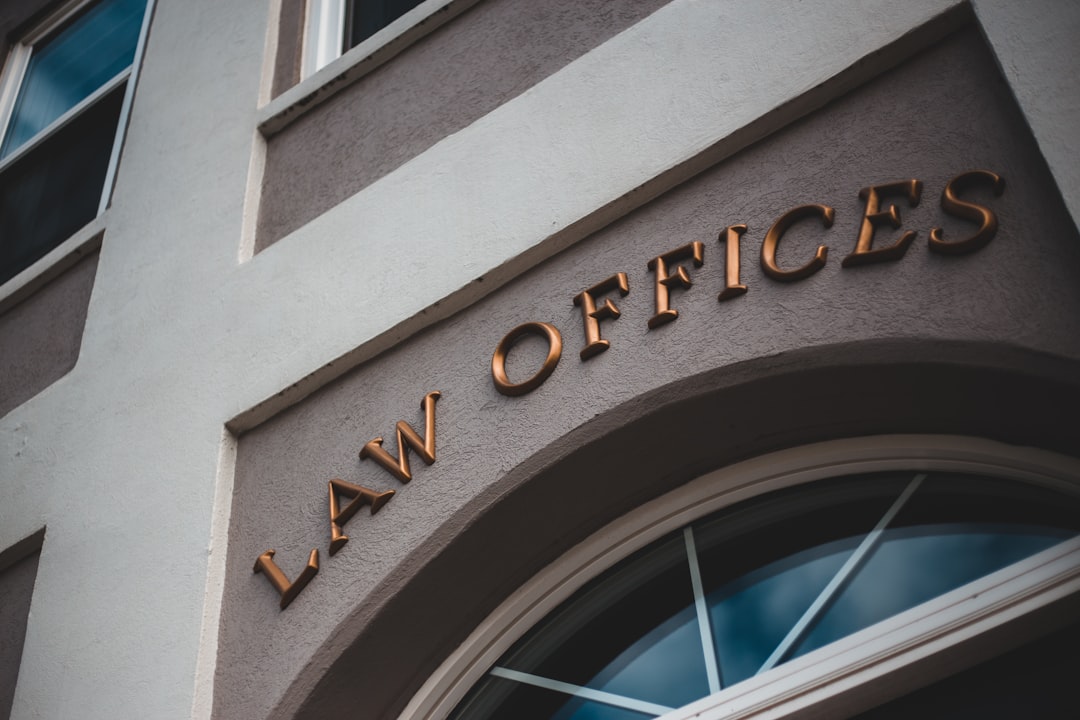Sexual abuse within competitive swimming in Indiana has gained significant attention due to rising cases and powerful testimonies, leading to increased scrutiny of athlete safety policies. Sexual abuse attorneys in Indiana are crucial in advocating for victims' rights, ensuring accountability, and guiding them through legal processes. The state aims to strengthen guidelines and protect athletes by implementing stricter protocols, including reporting mechanisms, background checks, and educational programs, fostering a safer environment with the help of these specialists.
In recent years, the dark underbelly of competitive swimming has come to light, with alarming instances of sexual abuse impacting young athletes in Indiana. This article delves into the pressing issue of sexual misconduct within the sport, exploring its far-reaching consequences and legal implications. We examine the role of sexual abuse attorneys in Indiana to understand the rights of victims and the importance of protocol enhancement for athlete safety, ensuring a healthier competitive environment.
Uncovering the Issue: Sexual Abuse in Competitive Swimming

In recent years, the dark underbelly of competitive swimming has come to light, with increasing cases of sexual abuse surfacing across the country, including Indiana. Sexual abuse attorneys in Indiana have been at the forefront of these efforts to bring perpetrators to justice and provide much-needed support to victims. The issue has gained significant attention due to powerful testimonies from former swimmers who have bravely shared their experiences. Many athletes, particularly young ones, have reported instances of misconduct by coaches, team staff, or even fellow competitors, highlighting a severe breach of trust within what should be a healthy and supportive environment.
This revelation has sparked vital conversations about athlete safety protocols and the need for comprehensive regulations in competitive sports. Indiana, like other states, is now reevaluating its policies to address these concerns. By implementing stricter guidelines and enhancing accountability measures, the state aims to ensure that all athletes involved in competitive swimming are protected from any form of sexual abuse. Sexual abuse attorneys play a crucial role in this process by advocating for victims’ rights and ensuring that those responsible face legal consequences.
Legal Aspects: The Role of Sexual Abuse Attorneys Indiana

When dealing with complex cases of sexual abuse within competitive swimming, it is crucial to understand the legal framework and the role that sexual abuse attorneys in Indiana play. These specialists are equipped to navigate the intricate laws and regulations surrounding such sensitive matters. They ensure that victims’ rights are protected and that they receive the justice they deserve.
Indiana’s legal system has specific statutes and guidelines to address sexual misconduct, including those within organized sports. Sexual abuse attorneys in this state are well-versed in these laws, which cover a range of issues from reporting obligations for coaches, trainers, and organizations to criminal charges and civil lawsuits. Their expertise is invaluable in helping survivors find closure and holding accountable those who have committed such offenses.
Enhancing Safety: Protocols for Athlete Protection

In light of recent revelations about sexual abuse within competitive swimming, enhancing safety protocols is paramount for protecting athletes in Indiana. Beyond reporting mechanisms and legal protections, programs must prioritize education and awareness. Coaches, staff, and teammates should be trained to recognize red flags and respond appropriately, fostering a culture where every voice is heard and no complaint goes unnoticed.
Sexual abuse attorneys in Indiana play a crucial role by advocating for victims, ensuring they understand their rights, and guiding them through legal processes. However, prevention remains the ultimate goal. By implementing robust safety measures, including regular background checks for staff and volunteers, creating secure communication channels, and promoting open dialogue about consent and boundaries, competitive swimming organizations can make significant strides in athlete protection.






